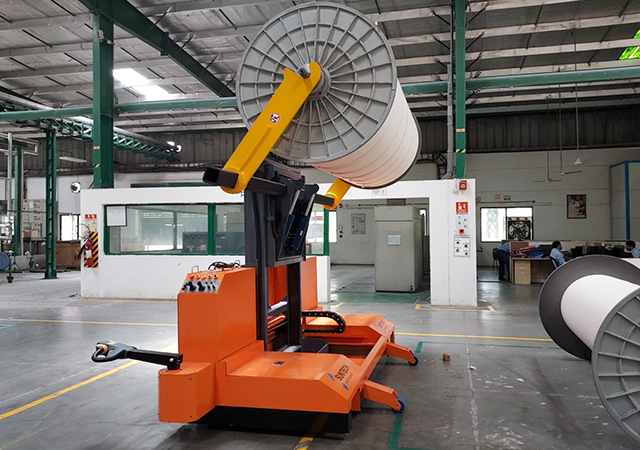The recent situation in Bangladesh has brought a new reality for the garment industry. Recent events have had a severe impact on the import, export, and production activities of the garment industry. The garment industry sector has been facing various financial challenges including a cash flow crisis. However, factories are still trying to keep the supply chain running.
In the ongoing situation, the cooperation of all concerned is required to maintain law and order in the sector to run the overall activities of the garment industry uninterruptedly and smoothly.
All concerned must ensure that labor unrest does not arise in the factories and workers do not block the roads due to trivial incidents and cause suffering to the common people. If there is any problem somewhere, all should work together. Demands may arise within the factory, but these must be resolved jointly.
Because the RMG sector faces the first challenge in any instability of the country. In the unstable situation surrounding the movement, foreign buyers may turn away due to unstable situation. Then the orders will go to neighboring countries. As a whole, the future of the garment industry can be apprehensive.
Those concerned say that domestic and foreign deep conspiracies are working in the garment sector of Bangladesh. Politics has also entered into it. If this crisis is not dealt with quickly and firmly, the entire garment industry of the country may face a major disaster. Garment attacks, vandalism, and street protests are planned to shift export orders to other countries. The ordinary workers have not even the remotest relation with this protest.
The logical proof of this is, a reporter and two photojournalists of Textile Today were attacked during the news collecting of workers' protests in Savar's Ashulia. If the workers had any reasonable demands, they would not have attacked the media workers, rather they would have presented their demands through the media.
Labor leaders also say that beneficiaries of the former fascist regime are vandalizing the garment industry to destabilize it. Under the guise of labor protests, they set out to destroy the industry. Innocent workers are not involved in vandalism, outsiders are doing this. The demands being talked about were not heard before August 5.
Basically, this is a conspiracy to destroy the garment industry. Workers want to stage old drama of discontent to give a negative message about Bangladesh to foreign buyers. As a result, orders in the apparel sector have declined. A message should be given by the government to reassure foreign buyers.

The government has already taken some steps like deploying the army along with police, RAB and APBN for overall security. Due to this there was no road blockade or factory vandalism anywhere in the industrial area. Production is normal in most factories in the industrial area (as per news on September 9). However, to save this export-oriented industry, along with law enforcement forces and factory owners, labor leaders, political leaders, local dignitaries must come forward. Otherwise, this industry will be destroyed.
Numerous domestic textile machinery enterprises have made significant strides in automating their factories, implementing innovative technologies such as motorized beam trolley and AI visual inspection system. These advancements have not only resulted in substantial reductions in labor and resource expenses but also contributed to enhanced profitability of their products.
Automation, considered the precursor to intelligentization, has become an integral component of the latter. It plays a pivotal role in the advancement of intelligentization. Due to labor shortages in textile enterprises, labor costs have soared, exacerbated by the labor-intensive processes of manual yarn dropping and roving transport. This situation has paved the way for innovative solutions such as fully automatic roving machines and roving transport systems tailored to diverse requirements. The sustained success of automatic doffing cars and automatic winding machines in the market signifies that automation will dominate the future, continually enhancing textile productivity and ushering in a realm of more advanced technological advancements.
SUNTECH Textile Machinery has the range of products encompasses almost all fabric types, including but not limited to loom machine, fabric cutting machine, motorized beam trolley, beam storage, and fabric inspection machine. SUNTECH Textile Machinery continues to lead the textile industry with its innovative approach and extensive experience.




